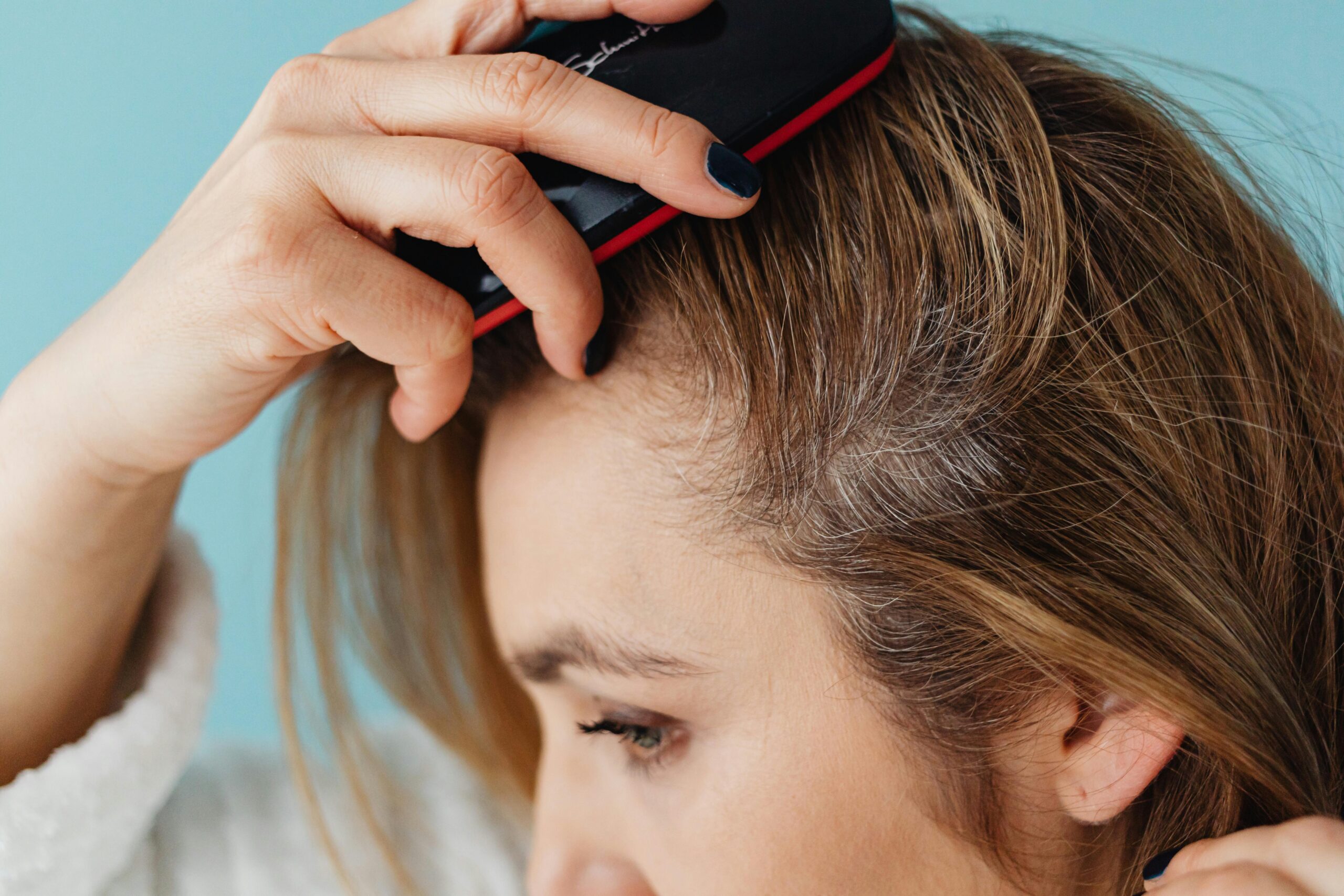Scalp eczema is a common condition that causes redness, itchiness, and flaking on the scalp. For many, it’s more than a minor annoyance—it can disrupt daily life and affect confidence. Thankfully, there are practical and effective solutions to soothe irritation and manage the condition. Let’s dive into the best ways to care for your scalp and find lasting relief.
Understanding Scalp Eczema
Scalp eczema, or seborrheic dermatitis, is a chronic skin condition characterized by inflammation and excessive oil production. It often appears as flaky, itchy patches and can sometimes lead to redness or sensitivity. The exact cause is unclear, but it’s believed to be linked to a combination of genetics, an overgrowth of yeast on the skin, and environmental factors.
The condition can affect people of all ages and may worsen during stress, hormonal changes, or extreme weather conditions. While it’s not contagious, its symptoms can be persistent without proper care.
Common Symptoms of Scalp Eczema
- Itchy scalp: A persistent itch is one of the hallmark signs of scalp eczema.
- Flaking: White or yellowish flakes often appear, resembling dandruff but more stubborn.
- Redness and irritation: The affected areas may become inflamed or sensitive to touch.
- Greasy patches: Excess oil can accumulate on the scalp, contributing to the appearance of flakes.
Effective Scalp Eczema Solutions
The good news is that scalp eczema is manageable with the right strategies. From medicated shampoos to natural remedies, there are plenty of options to help you find relief.
Medicated Shampoos
One of the first steps to managing scalp eczema is using the right shampoo. Medicated shampoos contain active ingredients to reduce inflammation, control yeast overgrowth, and soothe irritation.
- Zinc pyrithione: Shampoos with this ingredient help combat yeast and reduce flaking.
- Ketoconazole: An antifungal agent effective in treating stubborn cases.
- Salicylic acid: Helps exfoliate the scalp and remove excess flakes gently.
- Coal tar: Reduces itching and slows the overproduction of skin cells.
Use medicated shampoos 2-3 times a week, alternating with a gentle, fragrance-free shampoo to avoid irritation.
Moisturizing Scalp Treatments
Dryness can exacerbate eczema symptoms. Incorporating scalp treatments that provide hydration can help restore balance.
- Coconut oil: Known for its soothing properties, coconut oil moisturizes the scalp and has mild antifungal effects.
- Aloe vera gel: Naturally calming, aloe vera can reduce redness and itchiness.
- Jojoba oil: Mimics the skin’s natural oils, providing deep hydration without clogging pores.
Apply these treatments as an overnight mask or leave them on for 15-20 minutes before rinsing.
Avoid Harsh Products
Many hair care products contain sulfates, fragrances, and alcohol, which can irritate sensitive scalps. Opt for products labeled “gentle” or “hypoallergenic” to minimize the risk of flare-ups.
Home Remedies for Scalp Eczema
Simple home remedies can complement your skincare routine and provide additional relief.
- Apple cider vinegar rinse: Dilute apple cider vinegar with water and use it as a final rinse. It balances the scalp’s pH and reduces itchiness.
- Tea tree oil: Add a few drops to your shampoo for its antifungal and anti-inflammatory benefits.
- Oatmeal paste: Mix oatmeal with water to create a soothing paste for irritated areas.
Stress Management
Stress is a common trigger for eczema flare-ups. Incorporating stress-reducing practices, such as yoga, meditation, or regular exercise, can improve overall skin health.
Balanced Diet
A nutrient-rich diet supports your body’s natural defenses against inflammation. Include foods high in omega-3 fatty acids, such as salmon and walnuts, and antioxidants from fruits and vegetables.
When to See a Dermatologist
While many cases of scalp eczema can be managed at home, some situations require professional care:
- Symptoms persist despite treatment.
- Severe redness, swelling, or pain develops.
- Hair loss accompanies eczema symptoms.
A dermatologist can prescribe stronger treatments, such as corticosteroid creams or oral antifungal medications, to address severe cases.
Conclusion
Scalp eczema doesn’t have to disrupt your life. With the right approach, you can soothe irritation, reduce itchiness, and maintain a healthy scalp. Whether through medicated shampoos, natural remedies, or a consistent skincare routine, relief is within reach. For persistent symptoms, consult a dermatologist for personalized care.
Frequently Asked Questions (FAQs)
1. Can scalp eczema cause hair thinning?
Yes, severe scalp eczema can cause temporary hair thinning due to inflammation and scratching. Proper treatment can help prevent further hair loss.
2. How long does it take to see results from medicated shampoos?
Most medicated shampoos show noticeable improvement within 2-4 weeks when used consistently.
3. Is scalp eczema contagious?
No, scalp eczema is not contagious. It’s caused by internal and environmental factors, not by bacteria or viruses.
4. Can I dye my hair if I have scalp eczema?
It’s best to avoid hair dyes during flare-ups, as the chemicals can irritate the scalp. Opt for hypoallergenic or ammonia-free dyes if necessary.
5. Are there any lifestyle changes that can help manage scalp eczema?
Yes, reducing stress, eating an anti-inflammatory diet, and avoiding harsh hair products can significantly help manage symptoms.



